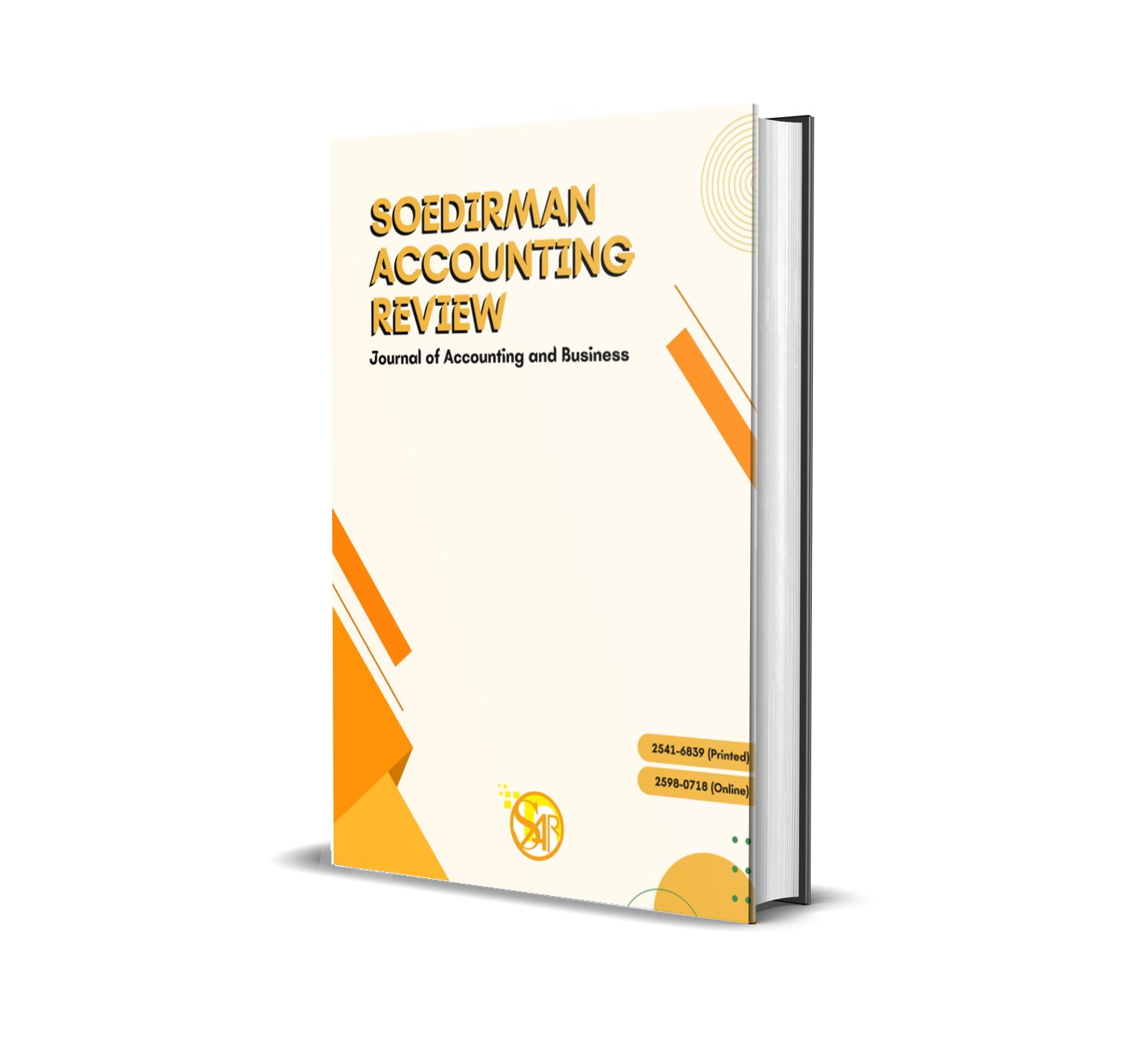CONTINUED INTENTION TO USE QUICK RESPONSE CODE INDONESIAN STANDARD (QRIS) DIGITAL PAYMENT: MERCHANT PERSPECTIVE
Abstract
This study aims to determine the effect of performance expectancy, effort expectancy, social influence, facilitating conditions, government support, and personal innovativeness on continuance usage intention using the UTAUT-3 theoretical framework. The survey was conducted on MSME players in Semarang City with a sample size of 203 respondents selected using purposive sampling method. Model testing using Structural Equation Modeling (SEM). The results showed that performance expectancy, social influence, and facilitating conditions have a direct effect on continuance usage intention. The positive impact of performance expectancy, social influence, and facilitating conditions on the continuance intention of using QRIS by Semarang City MSMEs is reflected in increased operational efficiency, ease of transactions, and trust that encourages growth in turnover, competitiveness, and the ability of MSMEs to adapt to digitalization to expand markets through practical and secure digital payments.












1.png)
.png)





.jpg)





